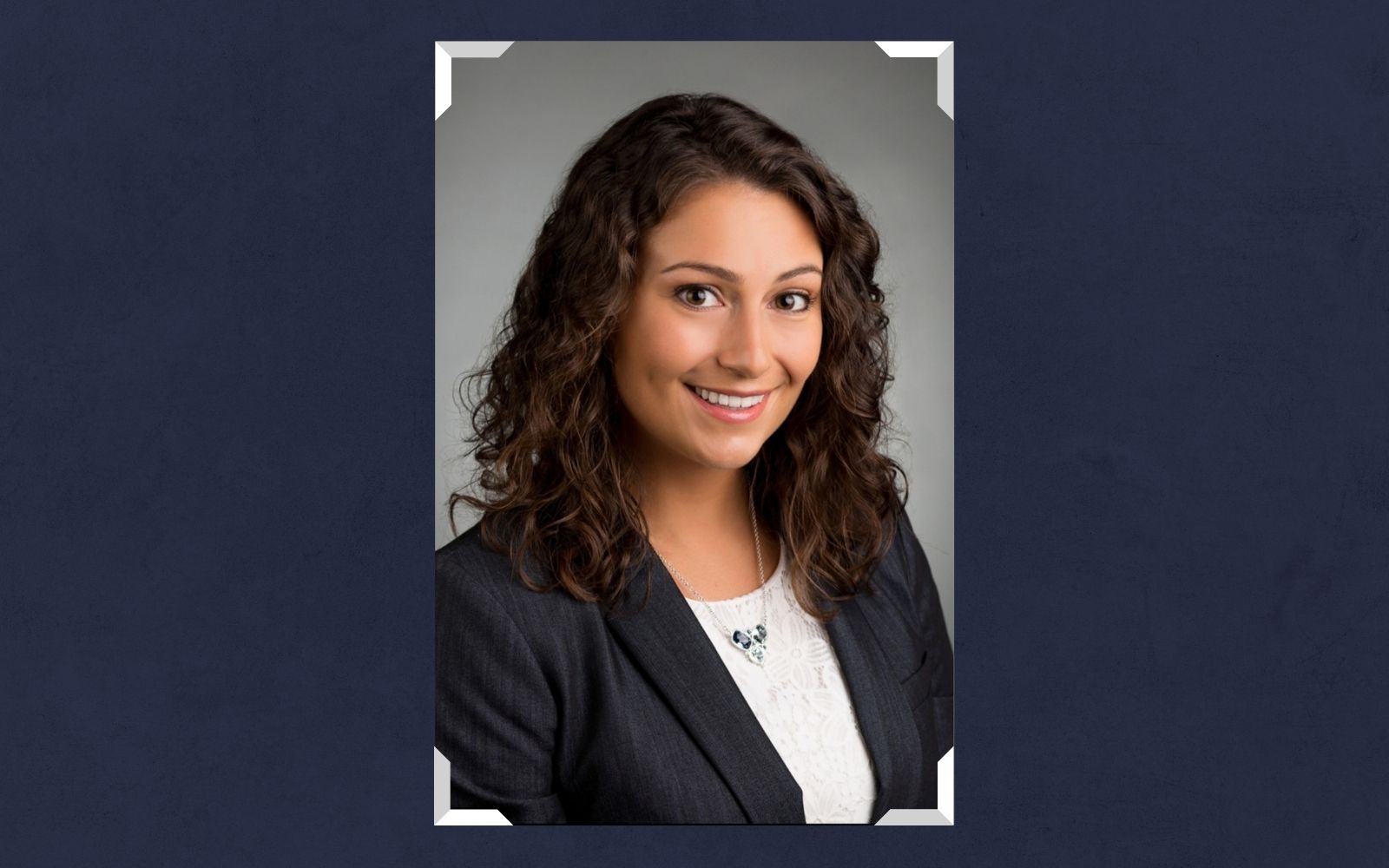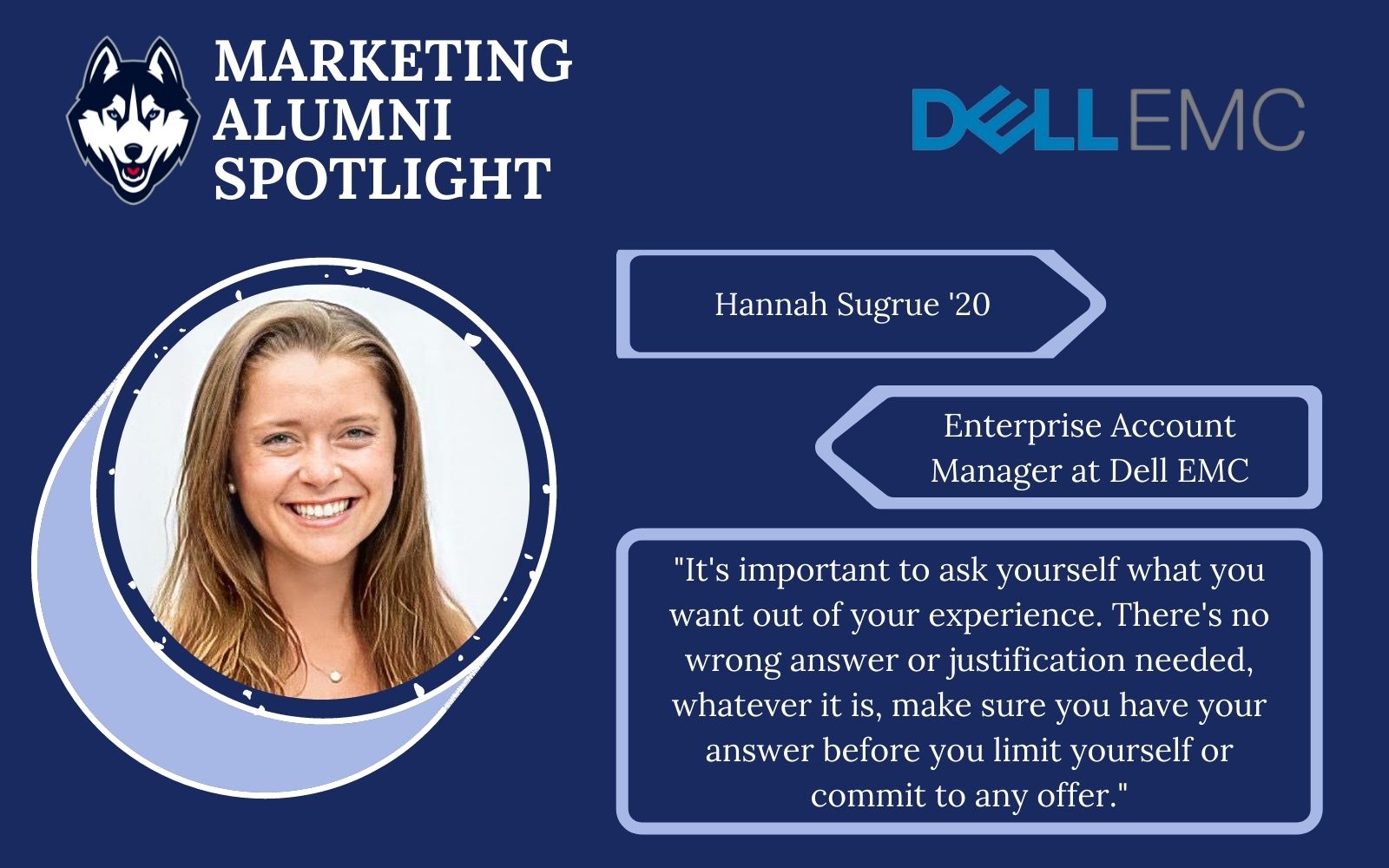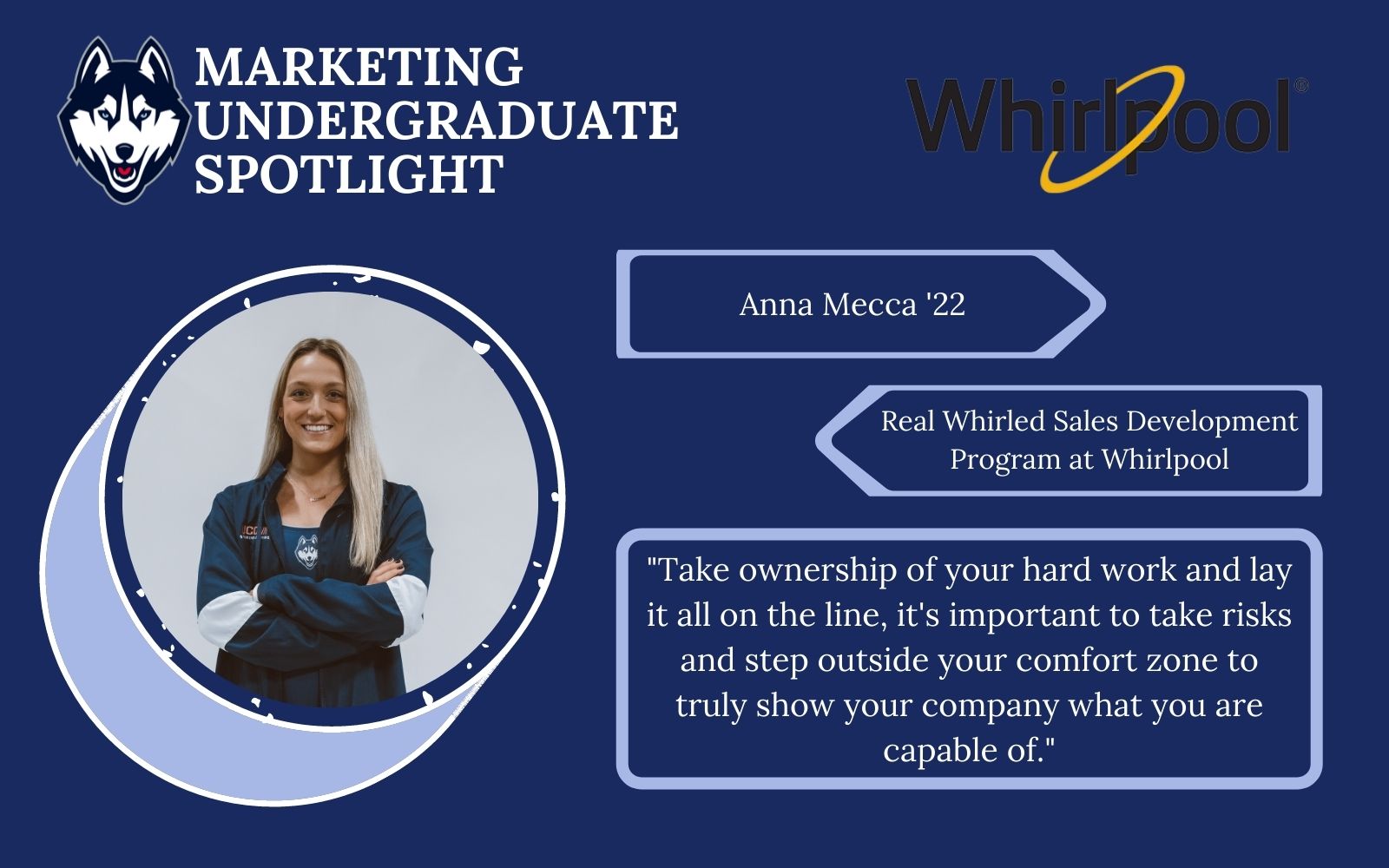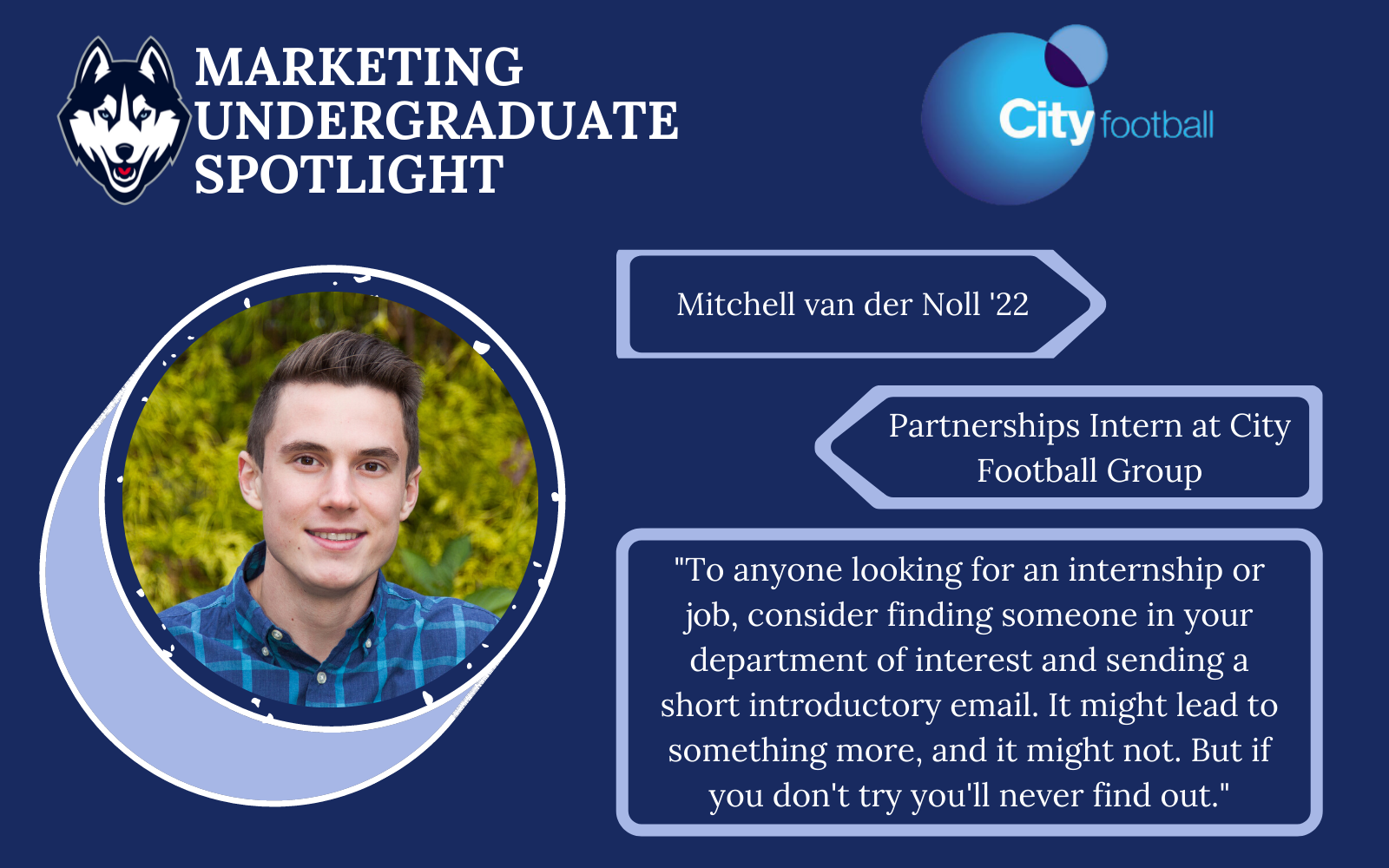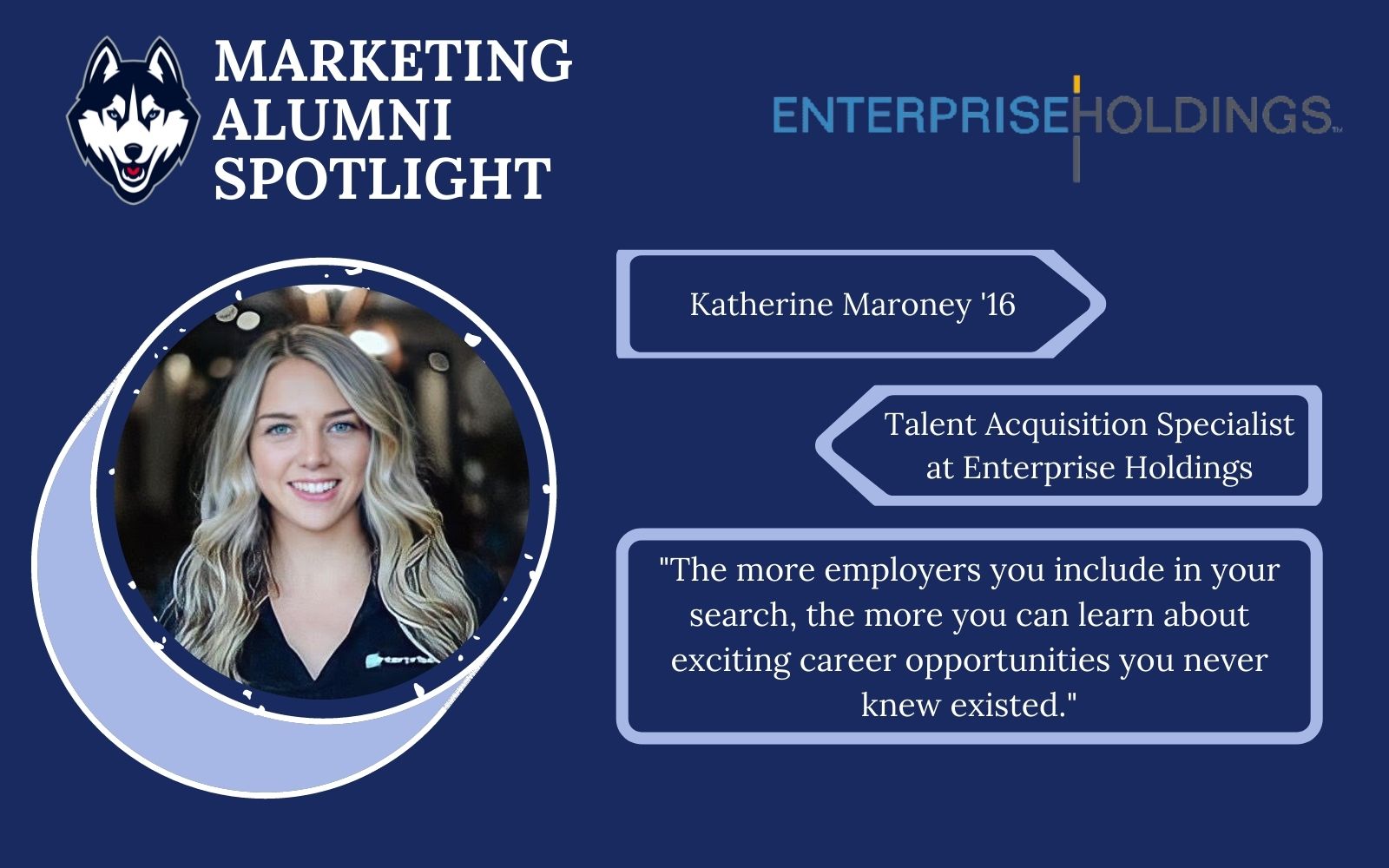Reflecting from March 21, the global order is much changed. Three weeks ago, Putin did the unthinkable and invaded Ukraine. He justified it as a defensive act to protect Russia from NATO and liberate people of Russian descent who are “trapped” in Ukraine. His justifications have been dismissed by the world community and seem to be increasingly challenged among Russians. He has driven the NATO nations together and focused them on supporting Ukraine. The people of Ukraine have united in vigorous defense of their nation, with unexpected success.
As the dean of a business school, I am particularly struck by the importance of leadership in this conflict, by the power of commitment and community, by global interdependence and by the role of the supply chain in supporting initiatives.
Leadership
Ukraine’s President Zelensky has emerged as a remarkable, inspirational leader. His early words ring out: “I need ammunition, not a ride,’’ he responded when offered assistance in escape to personal safety. Early predictions of Russian dominance, based on the assembled forces and weaponry, and Putin’s history in Crimea and elsewhere, have needed constant revision. Zelensky has been a powerful image on the world stage. He reflects the bravery and determination of the Ukrainian people and has also focused their energy and channeled their courage. Zelensky has been in the streets in Ukraine and in the halls of government worldwide, consistently communicating the Ukrainian commitment to self-rule, their willingness to die for their country, and their need for support from the world community.
President Putin has emerged as an isolated powermonger with an inflated image of Russian power and his own invincibility. His control of the Russian media continues to limit the awareness of people in Russia to the actions in Ukraine. Nonetheless, protests in Russia against the war belie his efforts to frame it as a humanitarian mission. Desertions by Russian soldiers, who say they did not know why they were in Ukraine killing civilians and inflicting massive destruction, underscore his leadership failure. It may be that his decision to invade and his failure to succeed on his timetable were due to massively inaccurate feedback from his subordinates and advisors. It appears that he overestimated the readiness of his forces and underestimated the strength and commitment of the Ukrainian people¬—additional indicators of ineffective leadership.
Commitment and Community
As the dean of a business school, I have my own lens on these moments: our students. Speaking with four Ukrainian students at UConn has afforded me a new, more personal perspective. These four students share a pattern of immigration to the U.S., while cherishing their Ukrainian roots: language, culture and family. They talk regularly with family still in Ukraine, hoping they are alive, and knowing they are suffering. One of our students shared that her grandmother was wearing four pairs of pants to remain warm in a basement in a city without heat and power. It makes the suffering excruciatingly real. This human spirit unites the Ukrainian people. They are a family. They would die for each other and, sadly, they are dying for each other.
Worldwide, people are sharing their pain. Poland has welcomed some 1.5 million refugees. Another 1.5 million have found other homes. The world is opening doors for the refugees and provided resources for their defense. Providing financial aid is not surprising, but the size and broad sourcing of that support expands the notion of a community of nations. The efforts to find ways to deliver high-tech defensive weapons goes beyond the financial. Veterans from many countries are converging on Ukraine to join the defense. They are from all corners of the world, ranging from Afghanistan to the USA.
Global Interdependence
Ukrainian suffering and Putin’s flaunting of international law have created an unexpected and compelling unity among nations. He who sought to weaken NATO, has ultimately strengthened it. He who doubted the possibility of collaboration among nations is facing a united force taking action. Trade restrictions are understood as a normal course. But these sanctions are massive, coordinated, and aligned among nations. Three weeks ago, closing off international banking was not seriously expected because it required complex agreements. It is now in place and is only one example of fast, powerful and unprecedented collective action. The United Nations just held its first emergency session since 1982, reprimanding Russia and directing its military to cease fighting and withdraw. Out of 193 members, 141 deplored Russia’s aggression against Ukraine, with 35 members abstaining.
The current sanctions have raised awareness. For example, most aircraft flown by Russian airlines are rented, with ownership in the hands of western companies. The massive disruption in the value of the ruble and restrictions on currency flows imperil corporate Russia’s ability to pay their bills. Some global owners of aircraft will lose in this instance, but their losses pale beside the losses and human suffering in Ukraine.
Equally unexpected was the action by many global companies to withdraw from the Russian economy. Many believe that the corporate world is “profits first and profits only,” but the actions of many to withdraw their services from Russia belie that conventional wisdom. It is hard to know if it is simply a principles-based decision to do the right thing; or is it a risk- minimizing decision driven by fear of corporate Russia’s illiquidity and her unreliability in a world-wide, rule-of-law environment?
Supply Chains
As a business school we are interested in supply chains, and it is instructive to realize that Russia has overreached. Russia has supply chain problems. In Ukraine, the Russian military don’t have fuel where needed. They don’t have enough food for their soldiers. Some speculate they don’t have enough cigarettes or vodka. Such deficits are leadership breakdowns. Russian troops are not committed to their mission. Troops were told they will be welcomed as liberators and instead face unrelenting resistance. Russia has under-performed and morale is crumbling. Strategists disagree on the core reasons. Some suggest that the 20-mile parade of weaponry was under-supported and doomed from the start.
Conclusion
The last decades have been years of enormous global growth. Measured by human longevity, violence, educational opportunity, etc., the progress is real, although it has been accompanied by growing economic gaps between the richest and poorest. Putin’s war underscores the interrelated nature of economic activity worldwide. His country is a classic example of the disparity between rich and poor, where he and his oligarchs have extracted huge wealth from their country. Worldwide prosperity is built on the rule of law and global engagement. We are witnessing how a rogue nation can disrupt those relationships, but also how a common enemy, in conjunction with the inspirational leader of Ukraine, has galvanized the power of the global economy.
We stand at a moment in history.
UConn has long been focused on human rights; and the Business School proudly supports a Business and Human Rights Initiative. Our University-wide focus on Human Rights grew out of the Nuremberg Trials of war criminals. There are war crimes underway in Ukraine. We must, and will, engage in these issues through our teaching, our research, and our actions.
As we unite as a world to resolve this crisis, we must also engage to improve our collective future. Within the business school we are focused on efficient allocation of resources, but also on how leaders can make a difference, how teams can be more effective, and how individuals can be motivated and supported to reach their highest potential. The traditional business topics remain relevant, but today’s classrooms are richer for the attention to technology, to coding, to branding, to social media. The list is long. We focus also on CSR (corporate social responsibility), ESG (environmental, social, and governance) issues, and the UN’s Global Compact. These and other world views are inspiring our current students, their future employers, and the future companies these students will launch. My sincere hope is that they will build a more peaceful world with less war, brutality, destruction, and fear.

Back to the Dean’s Corner

